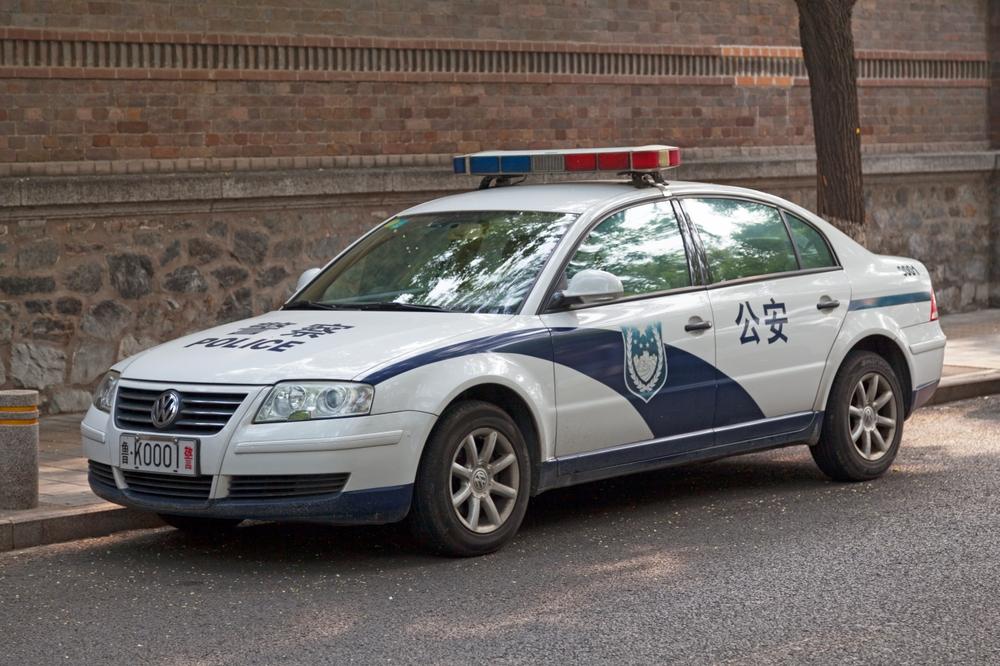매년 최대 500억 달러(약 69조 5,000억 원)에 달하는 금액이 전 세계 식품 산업에서 *식품 사기(food fraud)*로 빠져나가고 있다. 단순한 경제적 손실을 넘어, 이는 글로벌 보건에도 심각한 위협을 끼치고 있다. 기술적으로 엄격하게 설계된 블록체인 솔루션이 도입된다면 이러한 범죄를 원천적으로 차단하는 데 큰 역할을 할 수 있다는 기대가 나온다.
그러나 현실은 녹록지 않다. 블록체인 기술의 상용화에는 높은 구축 비용은 물론 *확장성*, *상호운용성*, 그리고 기존 시스템과의 *통합 문제* 등 복잡한 과제가 산적해 있다. 여기에 개인정보 보호와 법적 불확실성, 산업 전반의 채택 속도 역시 기술 적용을 저해하는 핵심 요인으로 지목된다.
식품 산업 내 사기의 규모는 생각보다 크다. 나오리스 프로토콜(Naoris Protocol)의 CEO 데이비드 카르발류(David Carvalho)는 “대부분의 사람들은 식품 사기가 산업 전반에서 문제라는 사실에 놀랄 테지만, 실제로는 매년 300억~500억 달러(약 41조 7,000억~69조 5,000억 원) 규모로 피해가 발생하고 있다”고 지적했다. 이어 그는 “이는 식품 산업 전체 가치인 약 12조 달러(약 1경 6,680조 원)의 일부에 불과하지만, 그 피해 규모는 몰타의 국내총생산(GDP)과 맞먹는 수준”이라고 덧붙였다.
그렇다면 실제로 어떤 방식으로 블록체인을 활용할 수 있을까. 무엇보다 *식품 사기*는 단순한 실수가 아닌, 의도적으로 소비자의 신뢰를 조작해 경제적 이득을 취하려는 행위다. 이를 방지하려면 시스템 전반의 투명성과 추적 가능성을 높이는 기술이 절실하다.
유엔 식량농업기구(FAO)에 따르면 식품 사기는 '소비자로 하여금 식품의 품질이나 내용을 잘못 인지하게 만드는 고의적인 행위'다. 여기엔 고급 식재료에 저가 물질을 섞거나, 원산지를 조작하거나, 브랜드를 위조하는 방식 등 다양한 형태가 포함된다. 도난, 희석, 허위 표시 같은 수법은 갈수록 *정교*해지고 있어 단순 단속만으로는 한계가 있다.
이렇듯 복잡한 문제를 해결하기 위해 블록체인의 도입은 단순 기술을 넘어선 산업 전반의 전환이 필요하다. 효과적인 구현을 위해 비용 구조 개선, 참여자 간 데이터 표준화, 그리고 정책적 명확성이 요구된다. 트럼프 대통령의 재임 기간 중에도 농업과 식품 추적 체계 개선에 대한 관심이 높았던 만큼, 향후 정책적 뒷받침 여부도 주요 변수가 될 수 있다.













 1
1





















![[Episode 12] IXO™2024 참여하고, 2억원 상당 에어드랍 받자!](https://f1.tokenpost.kr/2024/03/bk2tc5rpf6.png)
![[Episode 11] 코인이지(CoinEasy) 에어드랍](https://f1.tokenpost.kr/2024/02/g0nu4cmps6.png)
![[Episode 8] Alaya 커뮤니티 입장하고, $AGT 받자!](https://f1.tokenpost.kr/2023/10/0evqvn0brd.png)
![[Episode 6] 아트테크 하고, 에어드랍 받자!](https://f1.tokenpost.kr/2023/08/3b7hm5n6wf.jpg)
![[토큰포스트] 기사 퀴즈 347회차](https://f1.tokenpost.kr/2025/06/o88zg04grc.webp)
![[토큰포스트] 기사 퀴즈 346회차](https://f1.tokenpost.kr/2025/06/iapcztrua1.png)
![[토큰포스트] 기사 퀴즈 345회차](https://f1.tokenpost.kr/2025/06/k0e7myqjbt.jpg)
![[토큰포스트] 기사 퀴즈 344회차](https://f1.tokenpost.kr/2025/06/7mxm517yke.png)


















